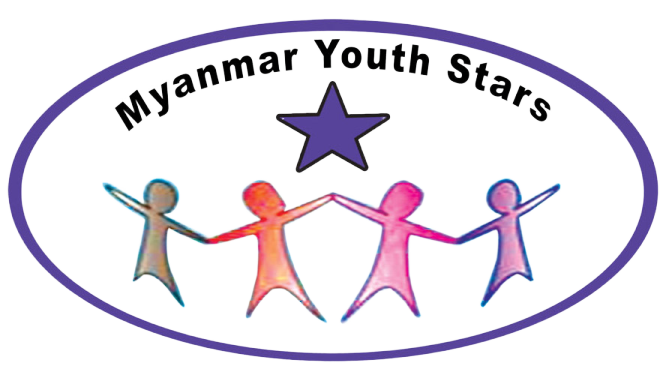
- MYSN Admin
- Jun 26, 2015
- Member Story
- 0 Comments
Chan Chan is 20 years old. 12 years ago, living with her family in northern Myanmar (Burma) she was diagnosed with HIV. As a child she had visited her local health clinic and an unclean needle changed her life forever.
She moved away from the family at 10 to Yangon to be certain of regular treatment. Today she still lives in the orphanage for HIV positive children, where the youngest is 2 years old.
I met Chan Chan in March and her resilience, strength, confidence and compassion have had a lasting impact upon me. Her treatment allows her to lead a relatively normal life. She helps look after the younger children at the orphanage and she has become an active member of Myanmar Youth Stars.
I was in Myanmar to learn more about the Youth Stars and HIV in general.The International HIV/AIDS Alliance had responded to my concern for young people living with HIV by suggesting I see this community action, in action. Myanmar Youth Stars are building the confidence of young people to speak out and to make their own decisions. With the support of the Alliance, they have even met with national parliamentarians to discuss the issues facing young people affected by HIV. This week, their powerful photo exhibition tackling stigma and stereotypes is on display in the DFID offices.
I have learned a lot. Treatment works, but it must be consistent. Treatment will not control or reduce the epidemic that is AIDS unless it is run alongside prevention programmes. Those prevention programmes must be diverse – to deal with men who have sex with men, or people who use drugs, or sex workers or others who are living with HIV.
And young people really need programmes of their own. Most of us can remember the agony of teenage relationships, the mistakes, the mental torture, the high and lows. Imagine what those moments are like if you are 14 and you were born positive before widespread access to ART for mums, or you were unlucky like Chan Chan and met the wrong doc with the wrong needle at the wrong time. Or imagine if you have fallen in love with someone who has. Imagine the stigma, the pressure, the fear.
In Myanmar in March I heard about sex workers raped for insisting on condoms, young men forced from their villages, and many other horrific stories. Challenging the fears and power relationships that lead to such rights abuses is vital, and Myanmar Youth Stars is leading the way.
I also met April in Yangon. She is 21 and HIV positive, another active member of Myanmar Youth Stars. She tells the boys who come courting that she is positive and they need to decide if that is a deal breaker. She told me of her worries that more and more teenagers are experimenting sexually – encouraged by easy access to internet porn – and of how she shares her experience and knowledge of prevention and sexual health with her friends.
Her confidence is remarkable; her passion for others is inspiring. Despite the hand that life dealt her, she refuses to be defeated, and is an advocate and peer educator for other young people.
We must neither abandon those in need nor assume that the war against AIDS is won. With education and prevention campaigns, and treatment for those they miss, we can contain and reduce this epidemic, but we must not take our feet off the pedals. Both of the pedals.
The UK must continue to fund and support those programmes that stop transmission of the virus. But we must also support those programmes that help people choose healthy living and safer sex.
